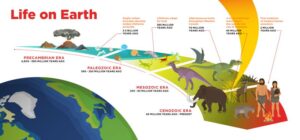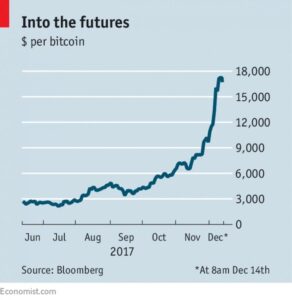Green Business
 Green business means business that incorporates social, environmental, and economic values together. Some people call this the “triple bottom line.” Also “sustainable business” or “socially responsible business.” Like it or not, businesses are the most powerful institutions in the world. A small change by a huge corporation can have a huge effect, by educating consumers, by reducing the impacts of the business, by mobilizing a constituency for further change.
Green business means business that incorporates social, environmental, and economic values together. Some people call this the “triple bottom line.” Also “sustainable business” or “socially responsible business.” Like it or not, businesses are the most powerful institutions in the world. A small change by a huge corporation can have a huge effect, by educating consumers, by reducing the impacts of the business, by mobilizing a constituency for further change.
Projects that I have worked on:
SEE Green – A green business directory for Sonoma County, California that was published in cooperation with the Sonoma West Times and News from 1998-2001. I started the project with Dennis Judd, an environmental consultant. It was my first project out of college, and, motivated by the possibility of transforming business towards sustainability, starting from a concept, I got several hundred green businesses to advertise, wrote articles, put on business mixer events (like a Green Chamber of Commerce) and at one point produced several dozen radio spots called “The Environmental Moment” which aired twice daily on KSRO Radio AM1350. The SEE Green Directory was published 3 times a year, and over 25,000 directories were distributed.
Greenopia- This is a green business directory for Los Angeles and the San Francisco Bay Area.
In the early 2000s, the Toyota Prius was a great example of an innovation that could make a major reduction in greenhouse gas emissions without asking consumers to sacrifice quality of life. By 2015, Tesla’s electric vehicles had changed the landscape and hybrids are no longer on the vanguard. Still, many hybrids get better mileage than their conventional counterparts. The next time you are in the market for a new car, it is worth looking at hybrid or full-electric cars instead of a conventional car.
 Companies such as Beyond Meat and Impossible Foods are making plant-based meat alternatives that may introduce a wider audience to vegetarian eating that is better for human health, animals, and the planet.
Companies such as Beyond Meat and Impossible Foods are making plant-based meat alternatives that may introduce a wider audience to vegetarian eating that is better for human health, animals, and the planet.
Organic foods are produced with fewer chemicals and pesticides.
I know that in the big picture, consumers will have to make major changes, but in order to bring in the mainstream, we also need options that don’t require sacrifice.
Savvy investors are putting their money into companies that recognize the triple bottom line, have fewer climate change risks, and can take advantage of the business opportunities of a low-carbon economy.
Green Business ideas that I support:
 Socially Responsible Investing, also known as Environmental, Social, and Corporate Governance (ESG) investing https://en.wikipedia.org/wiki/Environmental,_social_and_corporate_governance This refers to putting your money into investments that hold certain social and environmental goals.
Socially Responsible Investing, also known as Environmental, Social, and Corporate Governance (ESG) investing https://en.wikipedia.org/wiki/Environmental,_social_and_corporate_governance This refers to putting your money into investments that hold certain social and environmental goals.
CleanTech – This sector includes clean energy technology such as electrified transportation and renewable energy.
There are Exchange Traded Funds (ETFs) for ESG and CleanTech. Mutual funds and pension funds are divesting from fossil fuels, and investing in those sectors instead. Individual investors can do the same.
Dow Jones has a Sustainability Index and other ways to track financial performance that are more aligned with sustainable business practices. https://www.spglobal.com/esg/csa/indices/index
Farmer’s markets and employee-owned cooperatives are also business models that support people and equitable commercial arrangements.
Books to check out:
Paul Hawken https://paulhawken.com/ : The Ecology of Commerce
David Korten https://www.yesmagazine.org/authors/david-korten/ is the author of “When Corporations Rule the World” and “The Post-Corporate World.”
Natural Capitalism http://www.natcap.org/ – Ideas for efficiency and changing incentives so that businesses will automatically do the right thing, instead of being forced to by government regulations.
More to come…






